Citizen scientists should mark off February 16-19, 2007 in their calendars. Those days mark the tenth annual Great Backyard Bird Count. This event, developed and managed by the Cornell Lab of Ornithology in conjunction with the National Audubon Society, is a celebration of the symbiosis enjoyed by backyard feeder-watchers and the birds they watch feed. During the Great Backyard Bird Count, people across North America are invited to count the birds in their backyards (or out their windows, in local parks, or even at wildlife refuges) and report their sightings in the interest of greater ornithological insight for all.
Of course, to get the most out of this event, backyard birders will want to attract a diverse array of birds to their backyards. It’s no trick at all to get starlings and house sparrows to eat seed off your stoop. Backyard birding is a much richer experience when multifarious species avail themselves of your hospitality. Remember that variety draws variety. If you want lots of backyard birds, you’ll need the right seed for the job.
Most people think that all birds love seeds. Ecology-minded individuals understand that birds fill a wide range of niches in the food web. Many avians are omnivorous and appreciate the kind of high-quality protein provided by bugs on the wing. However, you’d be hard pressed to fill your bird feeder with beetles or grubs. Seeds, on the other hand, are simple to purchase, store, and deploy via backyard feeder. Wishful thinking, then, may be why people think that all birds love seeds.
Scientists have not shied away from controversial topics like the relative attractiveness of various commercially available wild bird seeds. The preeminent authority in the field is Dr. Aelred “Dr. Birdseed”Geis, formerly of the U.S. Fish and Wildlife Service and now Director of Research for Wild Bird Centers of America. Dr. Geis’s oft-quoted research established that wild bird feeding preferences are the same for a given species nationwide and that birds find most commercial seed mixes rather unappealing. Jimmy could crack corn all day long but they don’t care. They know what they like and it’s not cracked corn, nor is it wheat, milo, peanut hearts, hulled oats, or rice. Birds covet the seeds of the Sunflower (Helianthus annuus).
Black oil sunflower seeds are the most popular backyard bird food out there. Sunflower seeds are highly nutritious, containing just about every vitamin except Vitamin C and substantial amounts of key minerals, including magnesium, iron, copper and zinc. These seeds are an excellent source of protein, the quality of which is among the highest of any plant source. The black oilseed, well-suited to the production of sunflower oil, is especially attractive to birds because they spread the rich oil over their feathers to keep them warm and dry. Black oil seeds have thinner shells than the striped variety that our species loves to masticate with such slovenly abandon. Seeds destined for feeders also tend to be smaller, which is actually an advantage. Enthusiasts who tire of the profusion of seed hulls that invariably carpet a well-visited backyard can buy just the sunflower hearts, sans shells.
So, if you’re ready to break into backyard birding in time for the Great Backyard Bird Count, consider stocking your first feeder with black oil sunflower seeds. Finches, grosbeaks, titmice, nuthatches, sparrows, and cardinals will beat a path to your door.


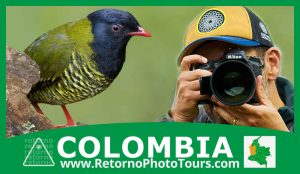
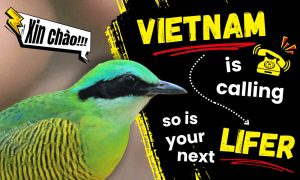



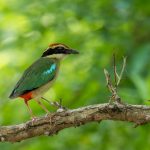

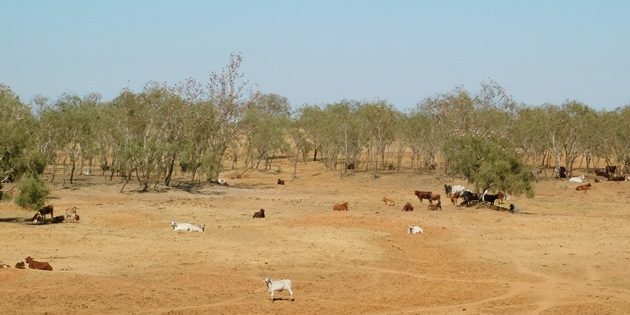
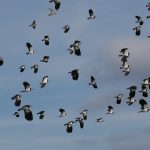
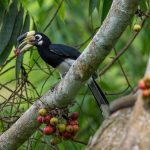
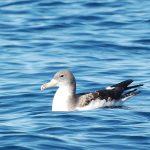
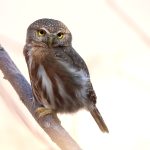
Leave a Comment